On May 9, more than a month after India announced its first lockdown, actor Sonu Sood directly came in contact with migrants walking home to their villages.
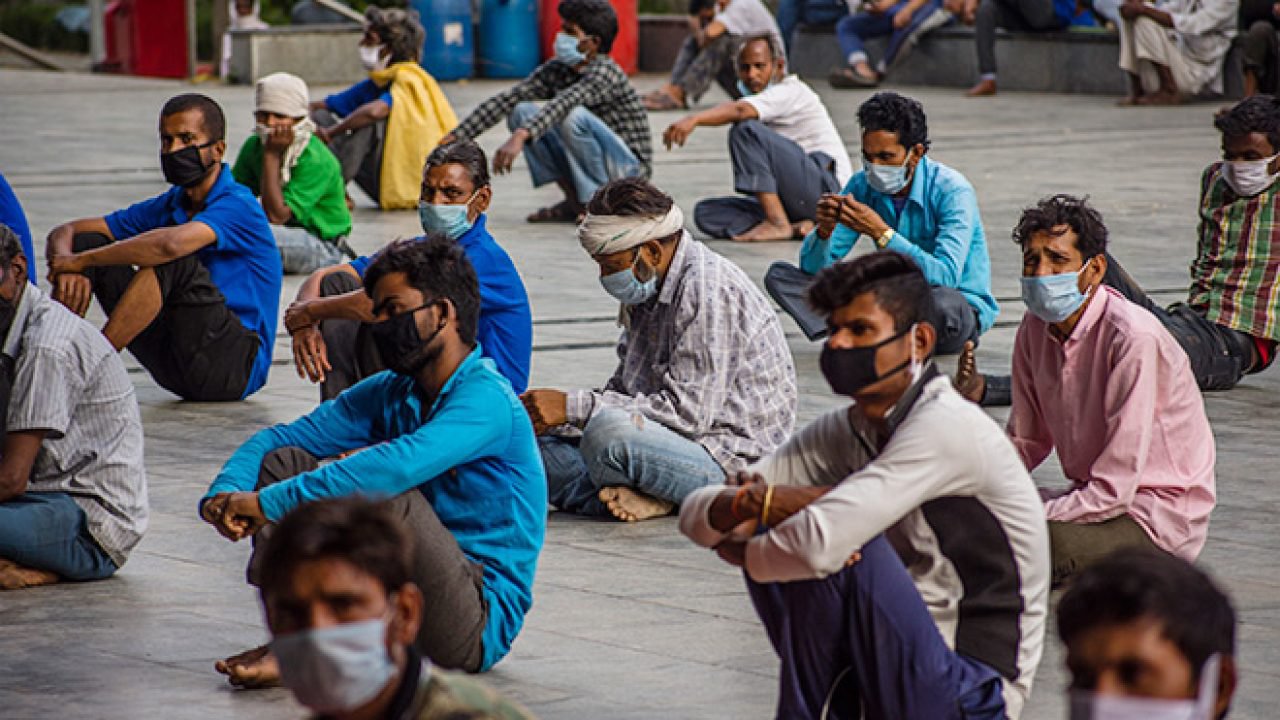
Deeply moved by their plight, and with greater resources at hand, Sood took only two days to arrange for ten buses and appropriate permissions to ferry the migrants home.
Since then, he has continued to dedicate his time and resources to help those in need. However, the question is, why just him?
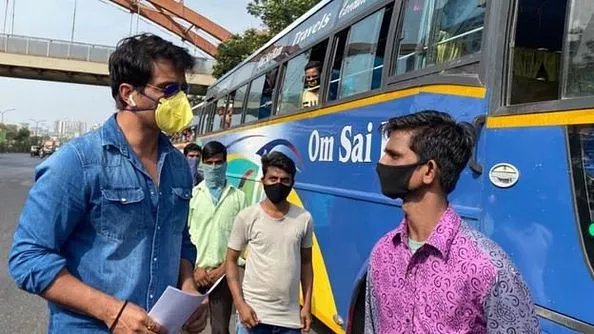
Why have the rich and wealthy of India shunned their own brethren? Why have more people not stepped up, and coordinated their efforts to collectively help those in need?
A nation that reportedly added 7,300 millionaires in 2018, was unable to lend a helping hand to those whose efforts helped add zeroes in the millionaires’ bank accounts?
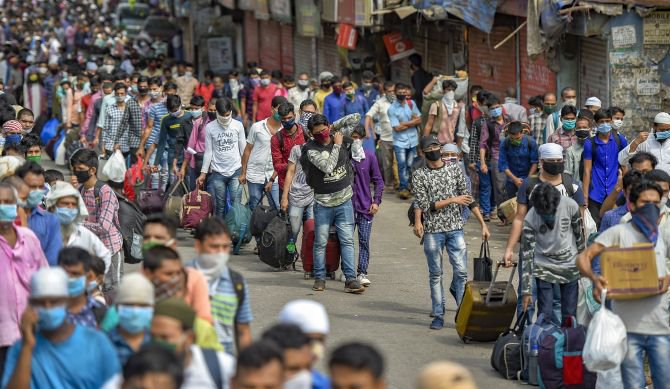
Of course, Sonu Sood is not the only affluent celebrity who has helped the migrants. And yes, many businesses, entrepreneurs, offices, and celebrities have contributed towards various relief campaigns.
Azim Premji of Indian IT corporation @Wipro and Andrew Forrest of Australian iron ore producer Fortescue Metals have also made sizable donations. Both chairmen are also known for their philanthropic endeavors. pic.twitter.com/V8ueANWKQi
— Parvinder Singh (@parvindersingh1) May 8, 2020
But, that does not take away from the fact that far too many people were content sitting in the safety of their homes and merely commenting upon the heartbreaking news stories.
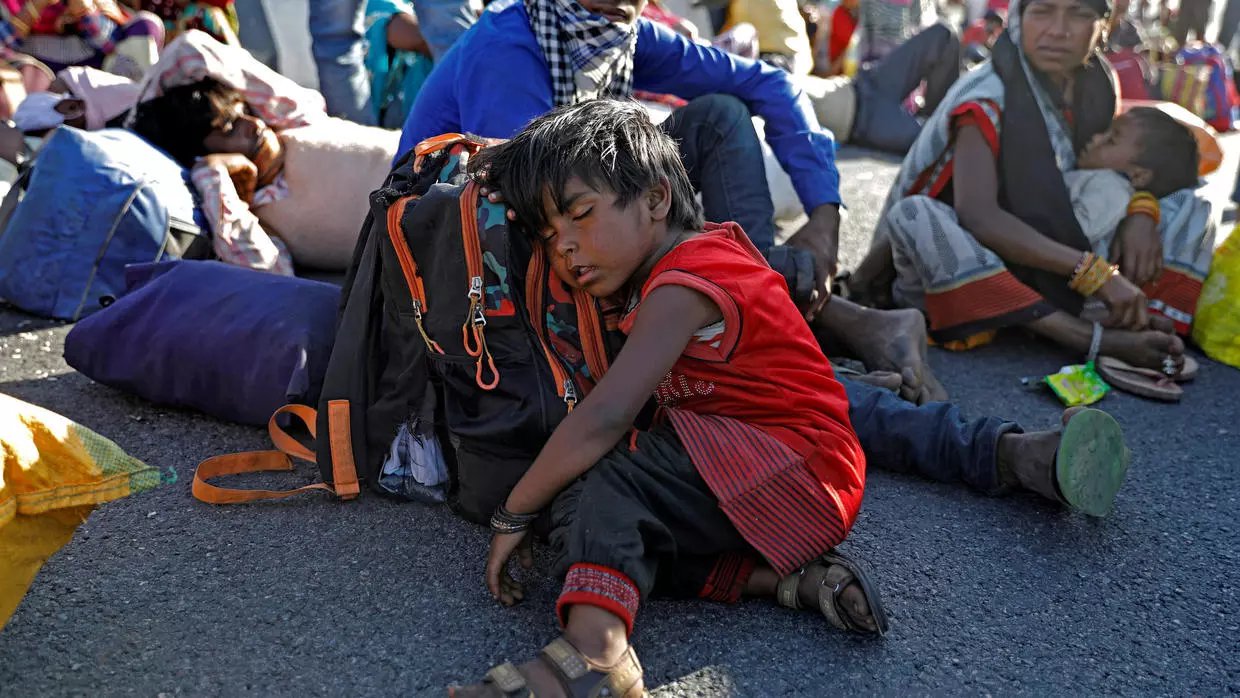
What set Sood’s efforts apart from others was his meticulous, organized approach, with empathy at the core of every action. But what stopped other people, with the same resources, adopt this approach?
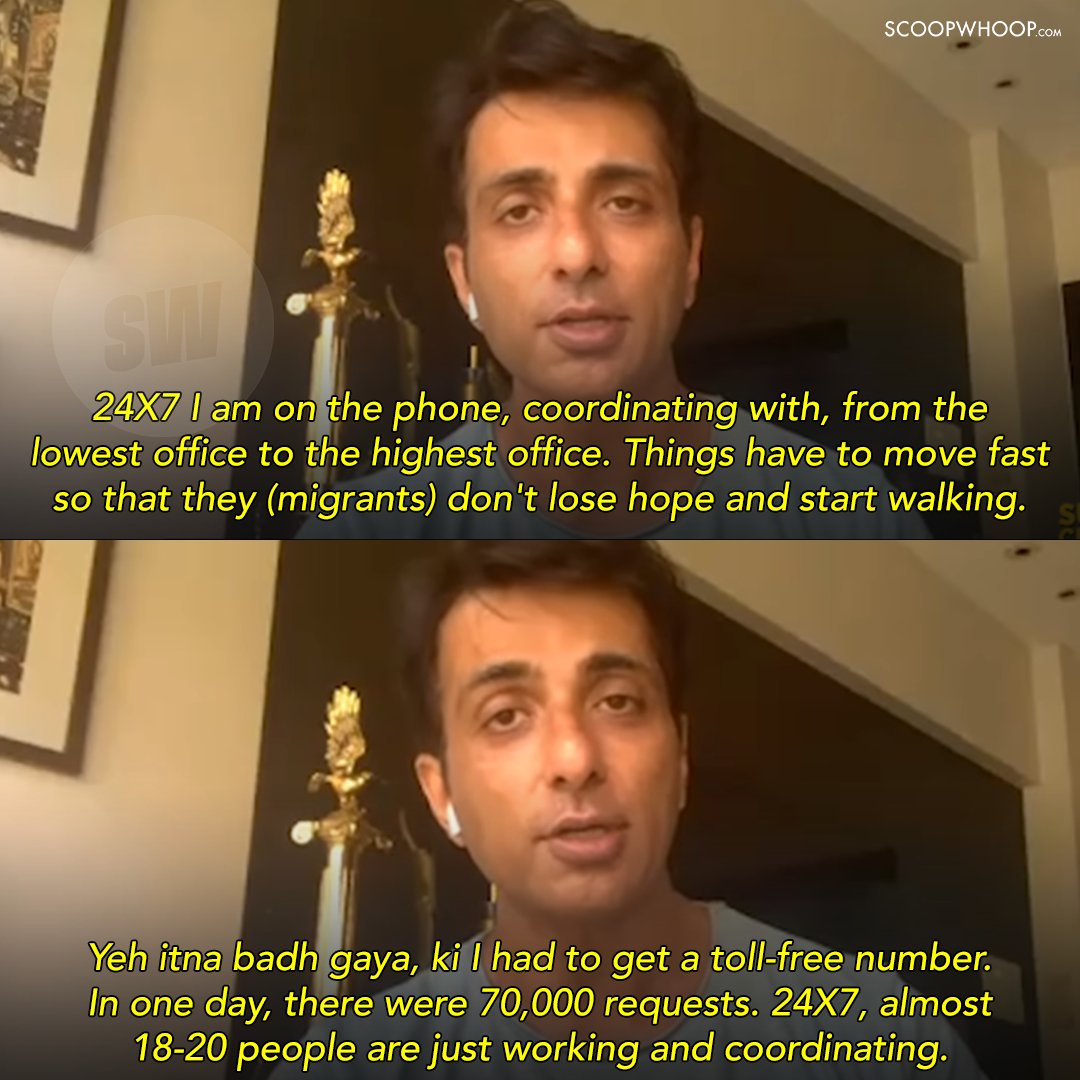
It’s not just the migrant crisis that India is suffering from. It’s also an empathy crisis. The way we have treated our frontline workers–doctors, nurses, airline staff, pilots, etc.– and our migrant workers, has shown that we, as a society, lack basic compassion.
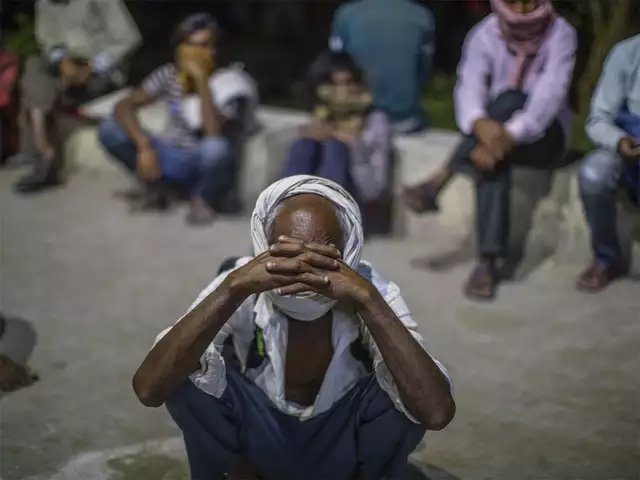
If a single farmer could arrange airfare for his workers to travel home, then why could other factory owners, building owners, corporate giants, and essentially, India’s rich and wealthy, not offer money for rent, provide basic services, or help with transport facilities?
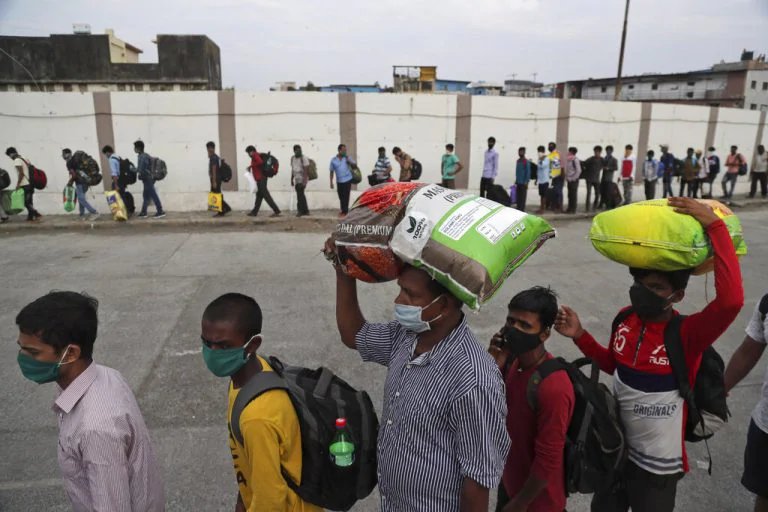
If a single reporter could offer shoes to a migrant walking barefoot then what stopped people with greater access to resources from going the extra mile and saving a young child from walking for hundreds of kilometers?
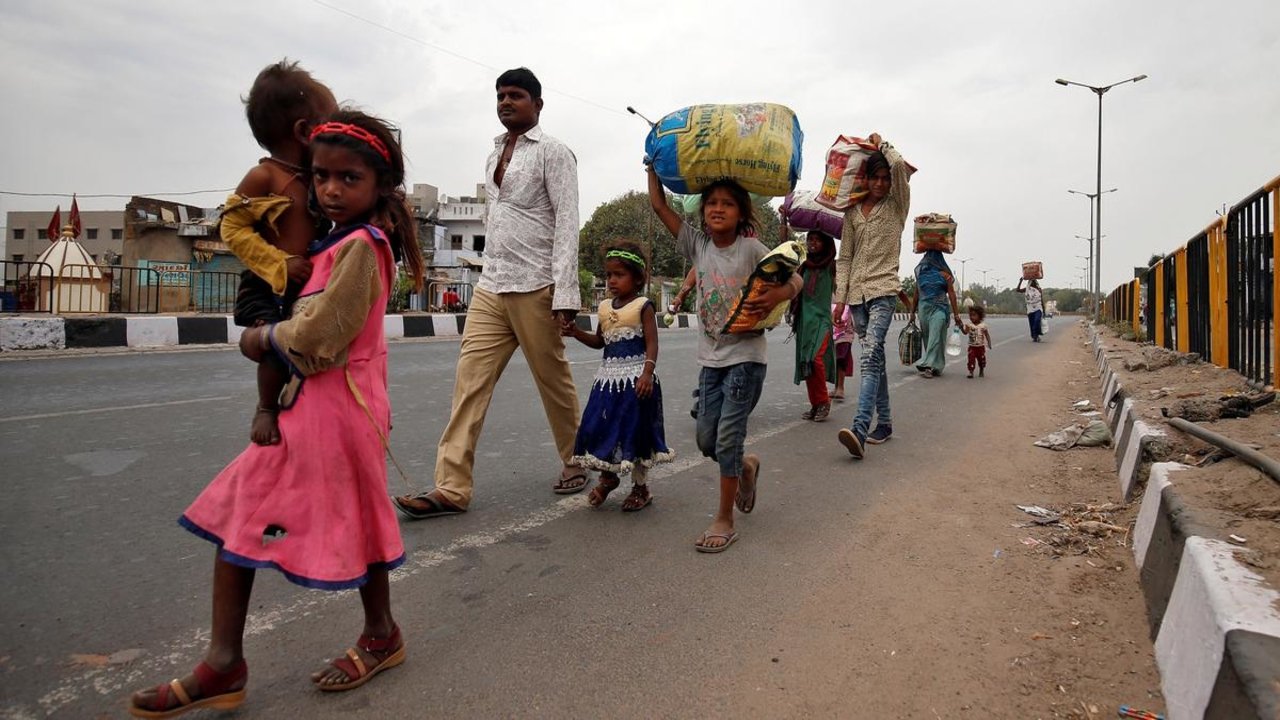
Yes, ideally, the government should look after all of its citizens. And questioning the government’s mismanagement is essential to a healthy democracy.
But, in the face of a humanitarian crisis like this, it is the responsibility of every individual to step up and help, in whatever way they can – especially, if your privilege allows you greater access to resources.
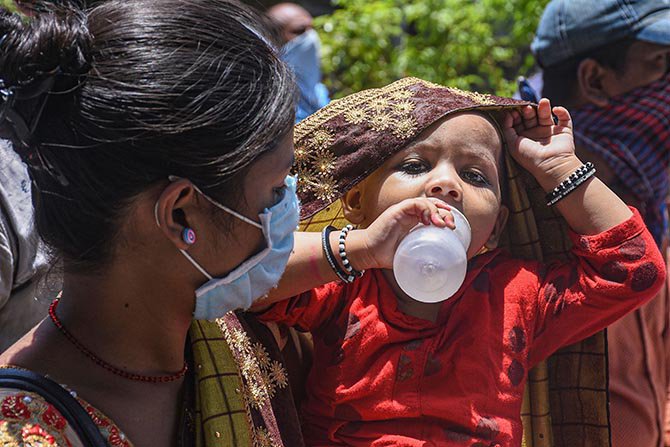
Yes, a section of society stepped up. They offered donations, set up funding, and encouraged others to contribute. But, it isn’t enough. Remember that Covid-19 is a rich man’s disease, that has severely affected the livelihood of those, who are least equipped to combat it. The least we can do, as a society, is to not abandon our own citizens.

















